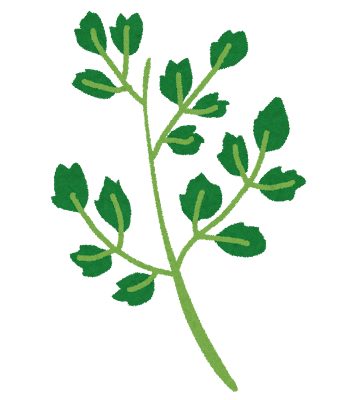
water dropwort
It is rich in carotene, folic acid, vitamin C, potassium, iron, etc., and is effective in preventing anemia.
The aromatic essential oils have a relaxing effect.
The origin of the Japanese name "seri" is said to be due to the fact that young leaves grow taller and appear to grow in clusters, competing with each other.
The English name is Water dropwort, and the Chinese plant name is Suikin.
It is also known as Sakebaseri, Tazeri, Okazeri, Mizuzeri, and Nozeri.
From the perspective of edibility, wild parsley that grows naturally on rice field ridges is called "yama parsley" or "no parsley," that cultivated in paddy fields is called "ta parsley," and that cultivated in fields is called "hata parsley."
Also, since it often grows on the edges of rice fields, it is sometimes called tazeri.
The specific name of the scientific name, javanica, is thought to have been given as the representative place name of the parsley, as it is also distributed in Southeast Asia.
